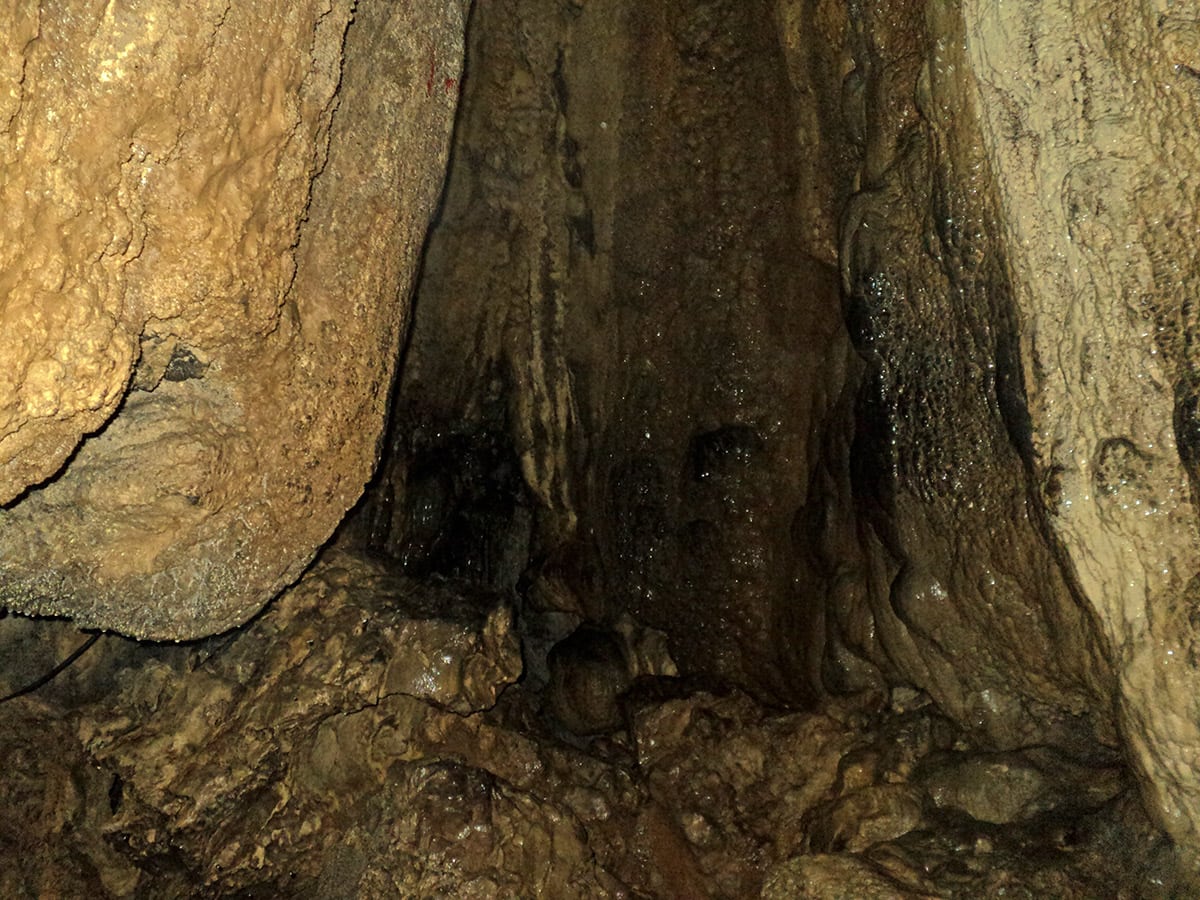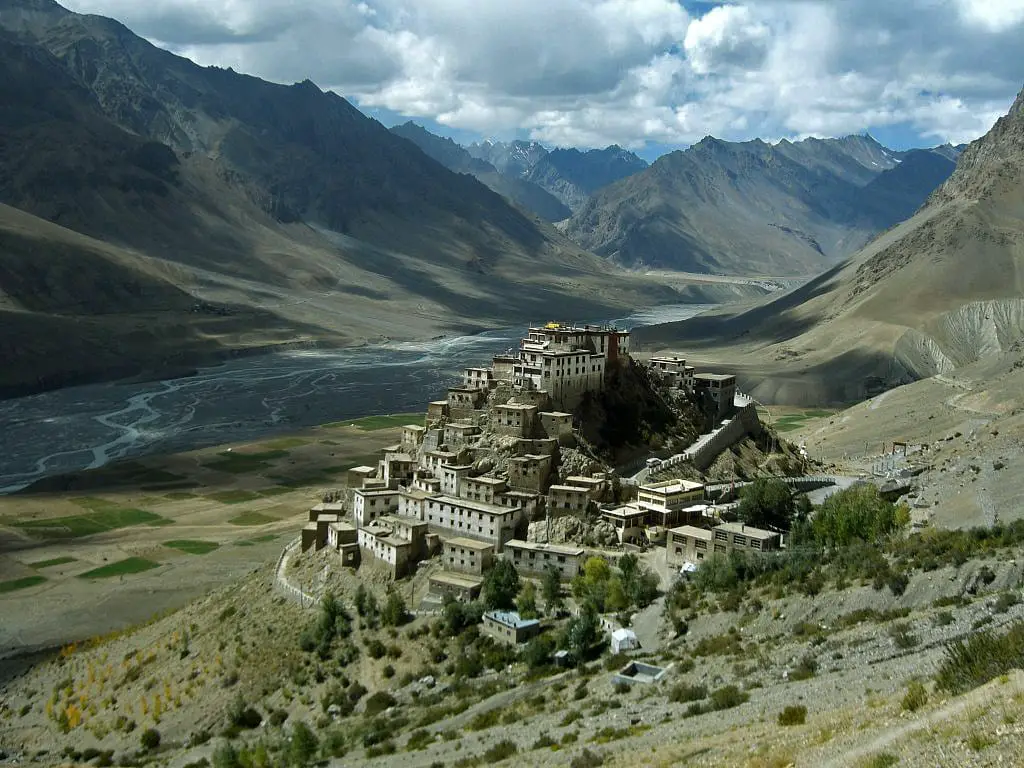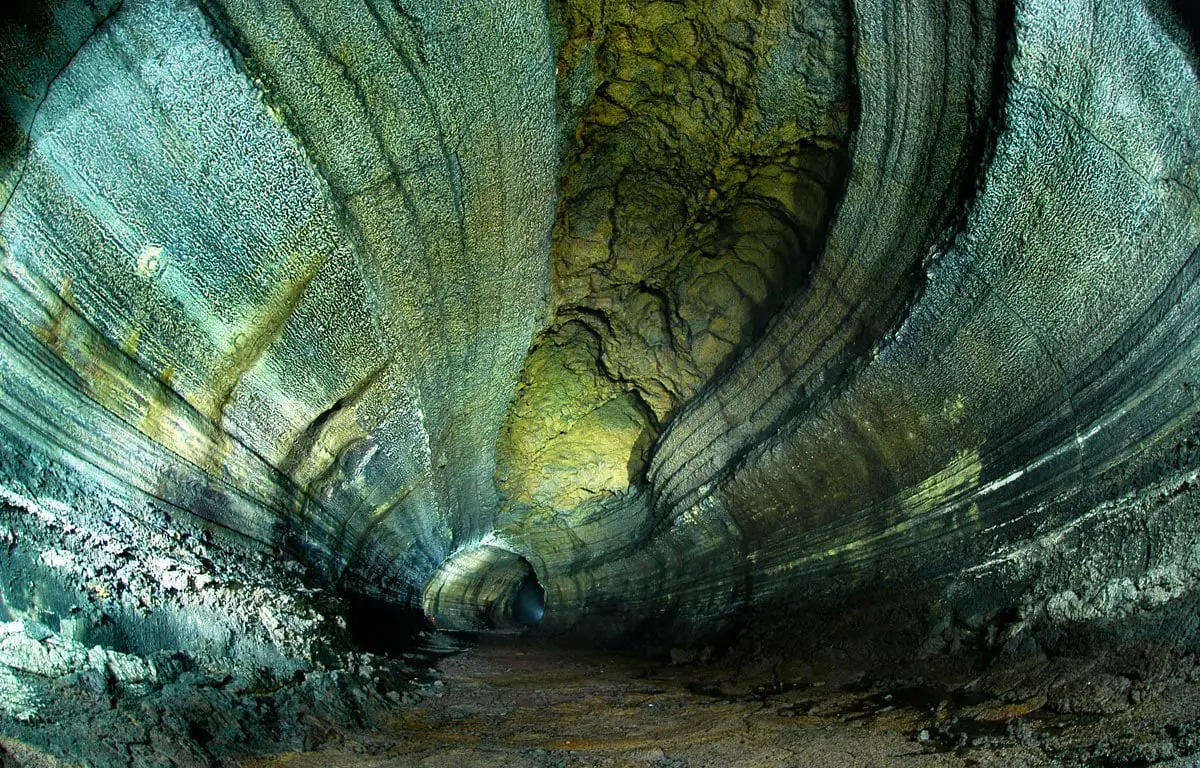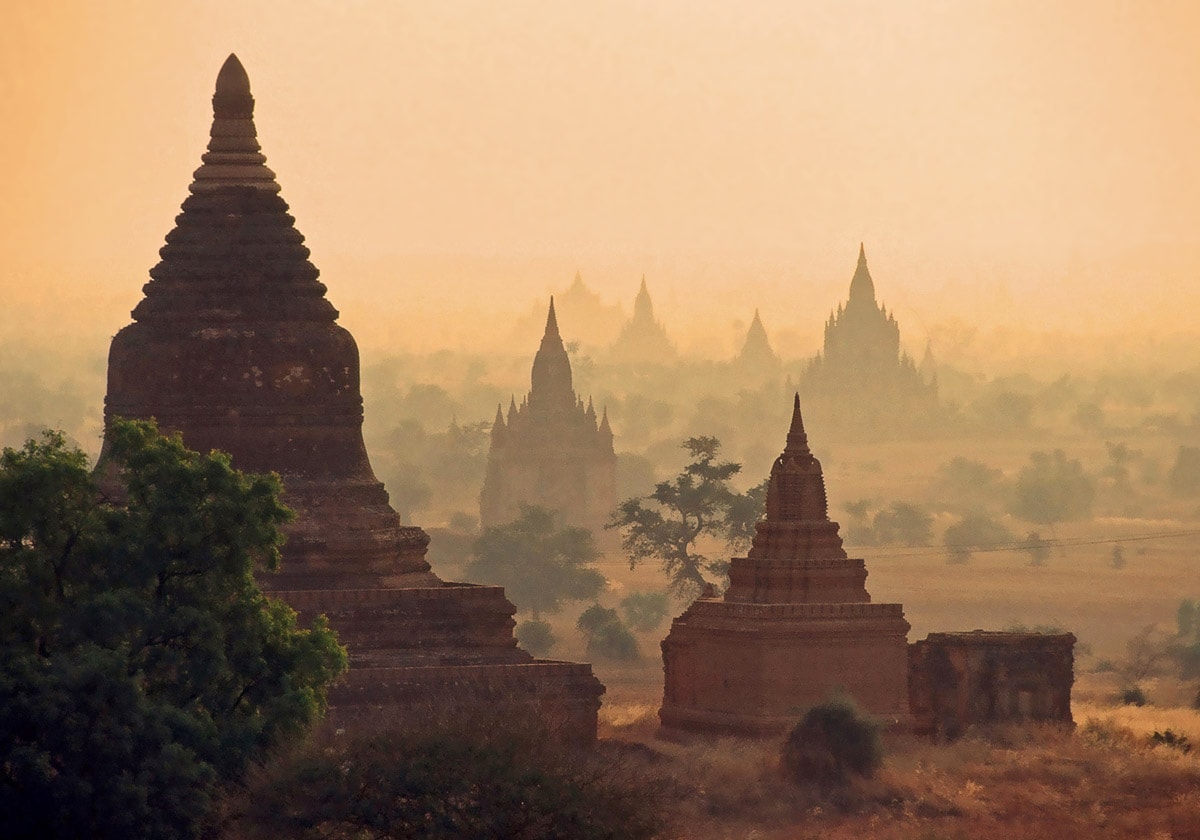World 🢖 Asia 🢖 India 🢖 Meghalaya
Caves 🢔 Geological wonders 🢔 Categories of wonders
Wonder
Mawsmai Cave

 In short
In short
Beautiful visitor attraction near the famous Cherrapunji is Mawsmai Cave. This is the first show cave in Meghalaya, with entrance fees and opening times.
 39.5%
39.5%
GPS coordinates
Location, address
Alternate names
Length
Map of the site
If you see this after your page is loaded completely, leafletJS files are missing.
 In detail
In detail
Khasi Hills are partly formed of limestone. As this area gets some of the heaviest rains in the world, there form numerous caves. Mawsmai Cave is just one of more than 200 caves in this area and it is comparatively short – approximately 250 m. But this is a very beautiful cave, richly adorned with stalactites, stalagmites, columns, and layered with sparkling calcite crystals.
Entry in the cave leads through the rather narrow vertical opening. First – old – part of the cave is lighted, it contains several larger rooms including Mughal Room – more than 25 m wide, 25 m high and some 75 m long.
Further on there is the so-called “new” part which does not have lighting. Inside the cave, there is a "window" opening upwards, with a jungle in sight.
Locals tell that caves were discovered by their hunters who hunted down animals living in this cave.
Maw Smai in Khasi language means – "Oath stone". Most likely this name comes from one of the local megalithic monuments – Khasi land is very rich with them.
Often there is mentioned that the second name of this cave is Krem Phyllut. This is wrong – Krem Phyllut is another, much longer cave nearby.
References
- Preet Werma Lal, Wettest Spot on Earth, IndiaCurrents. Accessed in 28 August 2010
 Linked articles
Linked articles

Wonders of India
India is the seventh-largest country in the world by area, and, naturally, such a large area contains a huge amount of exciting attractions…
Wondermondo considers that India is the second richest center of architectural heritage in the world after Europe and maybe no single country in the world can match it in this respect.

Caves
Every year there are reported exciting discoveries of new caves and discoveries of new qualities such as cave paintings in the ones known before. But there still is a feeling that our knowledge covers just a small part of all these monuments of nature.
Though, those which are known to us, offer a surprising diversity of unusual features and impressive sights.

Wonders of Asia
Any other continent (and part of the world) seems small if compared to Asia. This refers also to natural and man-made heritage: in Asia are not just thousands of great landmarks, there are found landmarks created by thousands of diverse cultures from ancient Phoenicians to the mysterious small people in the Philippines and eastern islands of Indonesia.
 Recommended books
Recommended books
100 Wonders of India
Travelers in ancient times marveled at seven man-made wonders located in various countries bordering on the Mediterranean. Over hundreds of years since then, civilizations have risen and declined, the world has been built and rebuilt, and many more works of human genius lie scattered across geographies and eras. Exploration and discovery have revealed more of nature’s wonders too, that stretch and humble human imagination. India, with an area of well over three million square kilometers, is a continent within a continent.
The Green Unknown: Travels in the Khasi Hills
The Green Unknown is about walking, without a map or a plan, across the Khasi Hills in the Northeast Indian state of Meghalaya—a place of jungle canyons and thousand-foot waterfalls, where it rains more than any other inhabited place in the world, where each village has its own dialect or even its own language, and where the people grow living bridges from the roots of trees.


